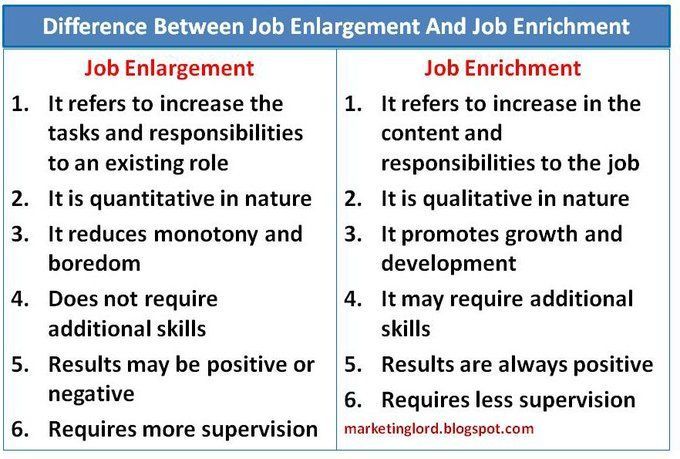5 Ways To Find Out What Hiring Managers Are Looking For
When looking for a new job, it’s important to know what hiring managers are looking for. You can be incredibly qualified, with years of experience and top qualifications, but if you don’t convince the hiring manager you’re the right person, you won’t get the job.
So how can you figure out what hiring managers are looking for? We’ve got some top tips so you can know exactly what to talk about, and what questions to ask in your next job interview.
How to find out what hiring managers want during an interview
Read the job spec from their perspective
When reading the job description, we usually think of it in terms of our experience and our qualifications. However, it can be helpful for you to think of the list of skills and necessary experience from the perspective of the manager looking to fill the role. What do they consider core skills for the role? What kinds of problems are they looking to solve? Why is that?
This perspective will help you answer questions in a way that illustrates how you’ll make their life easier, instead of just listing off qualifications or professional achievements.
Research the company
From here, it can be helpful to research the company. Search for coverage in industry publications, as well as their social media and the blog on their website.
These sources can tell you what projects they’re working on, what strategies they’re using, and what they’re aiming for in the future.
You, as a new hire, should be helping them towards that future. If you can show in an interview that you understand their vision, and can help them achieve it, you’re going to stand out compared to the other applicants.
Learn what success looks like in this role
Hiring managers want someone who can do the job well. Of course, doing the job well means different things to different people, so it can be helpful to have a wide range of opinions and ideas when it comes to what impact you should be having at your job.
Research online to see what success looks like in your industry, in your specific area, and in this type of role. Compare this to your previous experience, so that you can prove that you’ve achieved similar goals in the past. If you haven’t, think about how you could use your skills in new ways.
Speak to others in your industry network
It can be helpful to speak to others in your industry network who have interviewed for similar positions. If you’ve worked with someone who had the same type of role, asking them about their interview could make all the difference.
If you’re using a recruitment agency in your job search, don’t forget that recruitment agencies aren’t just about finding you jobs, they’re also about improving your career through interview coaching. Your recruitment contact should know what the hiring manager is looking for, and can give you tips on how to tailor your answers to what they want.
Ask them during your interview
This last point is the easiest and simplest on the list: you can find out what hiring managers are looking for by asking them in your interview.
If you aren’t sure exactly what they want, or why, your interview is the perfect opportunity to find out, and convince them that you can provide it.
An interview isn’t one-sided, it’s a dialogue between you and the hiring manager. You can ask any questions you want: what is the company’s plan for the future, what kind of person would be best suited for the role, is there anything about your skills or experience that they aren’t sold on?
Use the interview as an opportunity to sell yourself, but also to learn more about their hopes and expectations for the person they’re looking to hire. If you do this, you’ll be better able to present yourself as the right person for the job.
Once you know what the hiring manager is looking for, through critical thinking, research, and asking smart questions in your interview, you’ll be in a strong position to impress them, and hopefully get offered the job you want.
Learn how to explain a gap in your CV, or learn how to format your CV when looking for an engineering job.
Source: https://blog.v-hr.com/blog/5-ways-to-find-out-what-hiring-managers-are-looking-for?__hstc=118456598.fd773c3dc1b377bc35cb463672c8da90.1701906153679.1701906153679.1701906153679.1&__hssc=118456598.2.1701906153680&__hsfp=2669229988&hsutk=fd773c3dc1b377bc35cb463672c8da90&contentType=blog-post


